May 8 stands as one of history’s most eventful days, witnessing the rise and fall of empires, groundbreaking discoveries, and moments that shaped our modern world across centuries of human achievement.
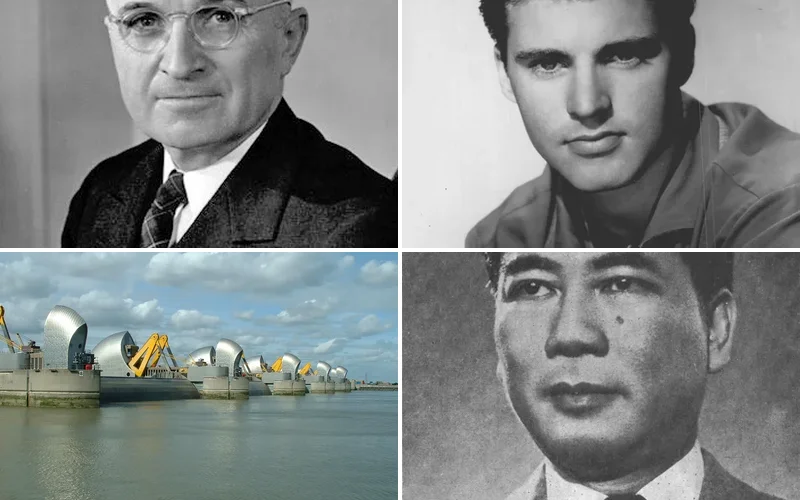
Politics and Government Events on May 8
1945 – World War II German Surrender Takes Effect
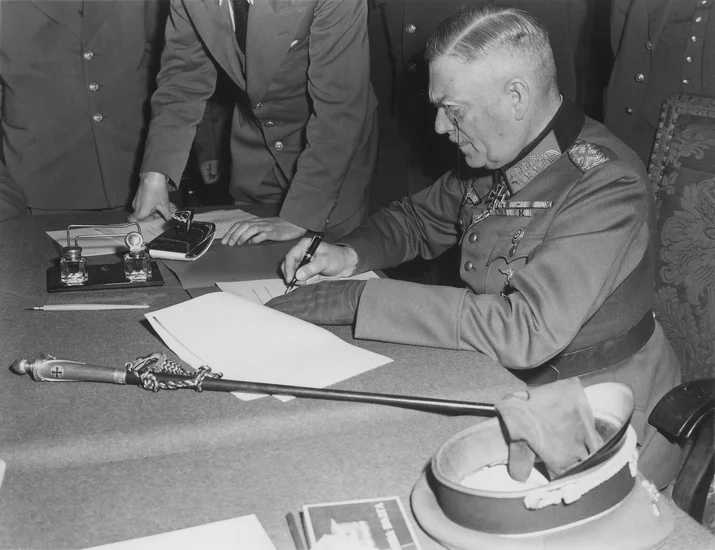
The German Instrument of Surrender signed at Berlin-Karlshorst officially comes into effect on this date. The document formally ended Nazi Germany’s participation in World War II.
Allied forces celebrated the complete capitulation of German military forces across all fronts. This historic moment marked the beginning of post-war reconstruction and the division of Germany among Allied powers.
1945 – End of Prague Uprising
The Prague uprising against German occupation forces concludes with victory for Czech resistance fighters. The successful revolt became a symbol of Czech national liberation from Nazi rule.
The Czech Republic now celebrates this date as a national holiday commemorating freedom from fascist oppression. The uprising demonstrated the resilience of Czech citizens during the final days of World War II.
1970 – Nixon Orders Mining of North Vietnamese Ports
President Richard Nixon announces his decision to place naval mines in major North Vietnamese harbors. This escalation aimed to disrupt the flow of weapons and supplies to communist forces.
The controversial decision intensified anti-war protests across American college campuses. Nixon’s strategy marked a significant escalation in America’s military involvement in Southeast Asia.
1921 – Creation of Communist Party of Romania
Romanian socialists formally establish the Communist Party of Romania through merger of existing leftist groups. The party would eventually dominate Romanian politics for decades.
Initial membership remained small but grew rapidly during the interwar period. The party’s founding reflected growing socialist sentiment across Eastern Europe following the Russian Revolution.
1967 – Philippine Province of Davao Split
The Philippine government divides Davao province into three separate administrative regions. Davao del Norte, Davao del Sur, and Davao Oriental emerge as distinct political entities.
This administrative reorganization improved local governance and resource allocation across the region. The division reflected the area’s growing population and economic importance to the Philippines.
1919 – Proposal for Armistice Moment of Silence
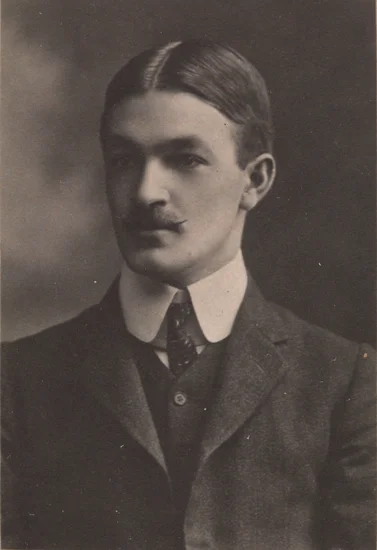
Edward George Honey proposes establishing a moment of silence to commemorate the World War I Armistice. His suggestion leads to the creation of an enduring memorial tradition.
The proposal gained immediate support from British officials and military leaders. This simple yet powerful gesture became a cornerstone of remembrance ceremonies worldwide.
1924 – Klaipėda Convention Signed
The Klaipėda Convention formally incorporates the Memel Territory into Lithuania through international agreement. This diplomatic achievement secured Lithuanian access to the Baltic Sea.
The convention resolved territorial disputes dating back to World War I peace negotiations. Lithuanian negotiators successfully defended their nation’s claim to this strategically important region.
1950 – Ngo Dinh Diem Begins US State Visit
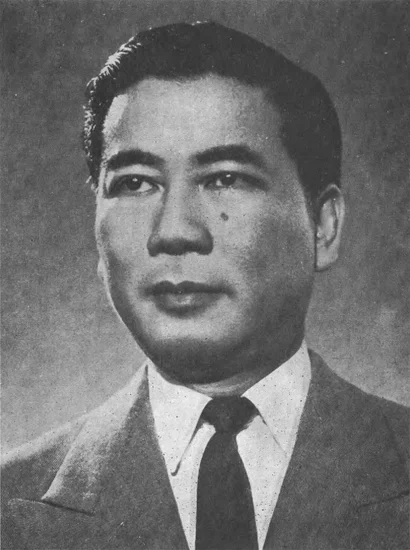
South Vietnamese President Ngo Dinh Diem arrives in the United States for an official state visit. His regime depended heavily on American military and financial support.
The visit strengthened ties between the two nations during escalating Cold War tensions. Diem’s meetings with American officials secured continued support for his anti-communist government.
1973 – Wounded Knee Standoff Ends
A 71-day standoff between federal authorities and American Indian Movement members at Wounded Knee concludes. The militants surrender after prolonged negotiations with government representatives.
The occupation highlighted ongoing disputes over Native American treaty rights and sovereignty. The standoff drew national attention to conditions on American Indian reservations.
1984 – Soviet Union Announces Olympic Boycott
The Soviet Union declares its intention to boycott the Los Angeles Summer Olympics. Fourteen other Eastern Bloc nations eventually join the boycott.
This decision escalated Cold War tensions and politicized international athletic competition. The boycott reciprocated America’s boycott of the 1980 Moscow Olympics.
Military and Naval History on May 8
1942 – Battle of the Coral Sea Concludes
Imperial Japanese Navy aircraft successfully attack and sink the USS Lexington in the final action of the Battle of the Coral Sea. This engagement marked the first naval battle fought entirely by aircraft carriers.
The battle demonstrated the obsolescence of traditional naval warfare and the supremacy of carrier-based aviation. Both sides claimed victory, but the engagement halted Japanese expansion toward Australia.
1941 – Luftwaffe Bombing of English Cities
German Luftwaffe bombers launch devastating raids against Nottingham and Derby during the Battle of Britain. The attacks targeted industrial facilities and civilian areas.
These raids formed part of Germany’s sustained bombing campaign against British cities. The attacks strengthened British resolve while failing to achieve decisive strategic objectives.
1942 – Operation Trappenjagd Begins

The German 11th Army launches Operation Trappenjagd against Soviet forces on the Kerch Peninsula. The operation successfully destroys the bridgehead defended by three Soviet armies.
German forces employed combined arms tactics to overwhelm entrenched Soviet positions. The victory secured German control over the Crimean Peninsula and threatened Soviet naval bases.
1987 – SAS Ambush at Loughgall
British Special Air Service forces kill eight Provisional IRA volunteers and one civilian during an ambush in Northern Ireland. The operation represented the largest single loss of life for the IRA during the Troubles.
Intelligence services had intercepted IRA plans to attack a police station in the village. The ambush demonstrated the effectiveness of British counterterrorism operations against republican paramilitaries.
1945 – Sétif Massacre in Algeria
French Army soldiers kill hundreds of Algerian civilians in the town of Sétif during victory celebrations. The massacre occurred as Algerians demanded independence from French colonial rule.
The violent suppression of Algerian nationalism intensified anti-colonial sentiment across North Africa. These events contributed to the eventual outbreak of the Algerian War of Independence.
1942 – Cocos Islands Mutiny
Gunners of the Ceylon Garrison Artillery stationed on Horsburgh Island stage a mutiny against British authority. The rebellion is quickly suppressed by loyal forces.
Three mutineers are subsequently executed, making them the only Commonwealth soldiers executed for mutiny during World War II. The incident highlighted racial tensions within colonial military units.
Science and Discovery Milestones on May 8
1980 – World Health Organization Confirms Smallpox Eradication
The World Health Organization officially declares the complete global eradication of smallpox through coordinated vaccination campaigns. This achievement represents humanity’s first successful elimination of a major infectious disease.
The eradication program required unprecedented international cooperation and sustained commitment over many years. This victory demonstrated the power of public health initiatives to conquer ancient scourges.
1978 – First Oxygen-Free Everest Ascent

Reinhold Messner and Peter Habeler complete the first ascent of Mount Everest without supplemental oxygen. Their achievement revolutionized high-altitude mountaineering and proved human physiological limits could be exceeded.
The climb required extraordinary physical conditioning and mental determination to overcome oxygen deprivation. Their success inspired countless mountaineers to attempt similar oxygen-free ascents.
1950 – Discovery of Tollund Man
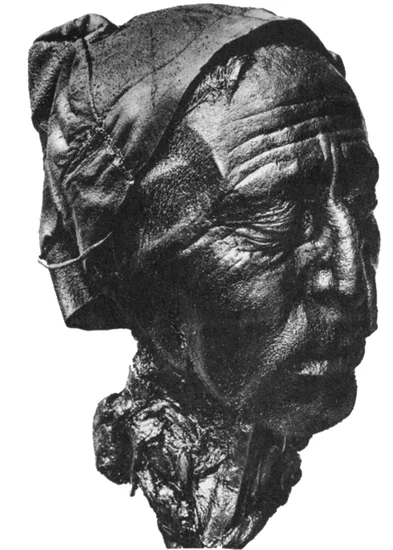
Archaeologists discover the remarkably preserved remains of Tollund Man in a Danish peat bog. The 2,000-year-old bog body provides unprecedented insights into Iron Age life and death.
The exceptional preservation allowed detailed scientific analysis of ancient human remains. Tollund Man became one of the most important archaeological discoveries of the 20th century.
2019 – First Genetically Modified Phage Therapy
British teenager Isabelle Holdaway becomes the first patient to receive genetically modified phage therapy for drug-resistant infection. The experimental treatment represents a breakthrough in combating antibiotic-resistant bacteria.
The successful treatment opened new possibilities for treating previously incurable infections. This pioneering therapy demonstrates the potential of genetic engineering in modern medicine.
Cultural and Arts Events on May 8
1970 – Beatles Release Final Studio Album

The Beatles release “Let It Be,” their twelfth and final studio album. The album captures the band’s creative process during their tumultuous final recording sessions.
The release marks the end of the most influential band in popular music history. Their innovative songwriting and studio techniques continue to influence musicians across all genres.
1976 – Revolutionary Roller Coaster Opens
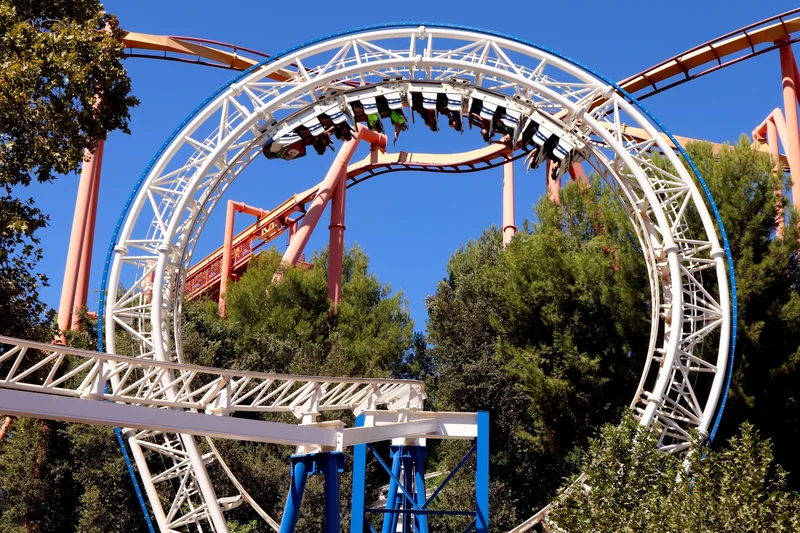
Six Flags Magic Mountain unveils “The New Revolution,” featuring the first vertical loop on a steel roller coaster. The innovative design transforms the amusement park industry.
The groundbreaking coaster demonstrates advances in engineering and safety technology. The vertical loop becomes a standard feature in modern roller coaster design.
1927 – Nungesser and Coli Disappear
French aviators Charles Nungesser and François Coli vanish during their attempt to complete the first non-stop transatlantic flight from Paris to New York. Their White Bird biplane disappears over the Atlantic Ocean.
The disappearance occurs just weeks before Charles Lindbergh’s successful solo flight. The mystery of their fate continues to intrigue aviation historians and treasure hunters.
1902 – Mount Pelée Eruption Destroys Saint-Pierre
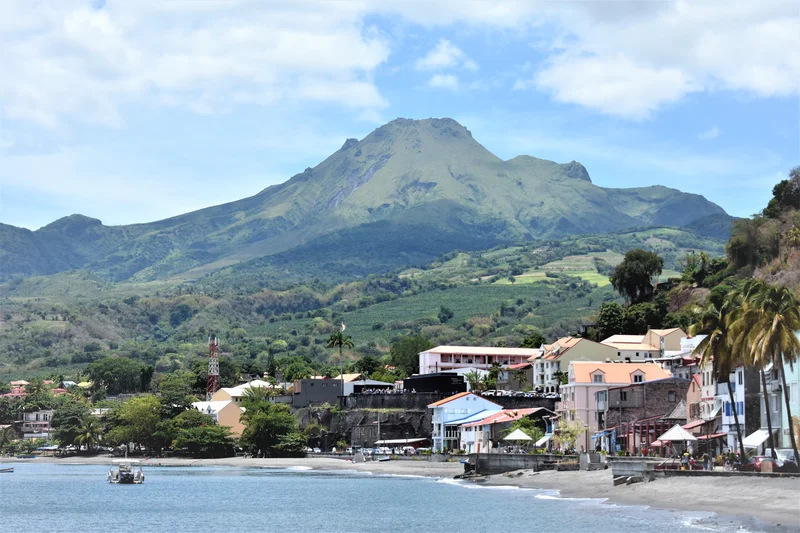
Mount Pelée erupts with devastating force, completely destroying the town of Saint-Pierre in Martinique. Over 30,000 residents perish in one of history’s deadliest volcanic disasters.
Only a handful of survivors escape the pyroclastic flows that obliterate the Caribbean city. The catastrophe becomes a defining moment in the study of volcanic hazards and emergency preparedness.
Religious and Social Events on May 8
1933 – Gandhi Begins 21-Day Fast
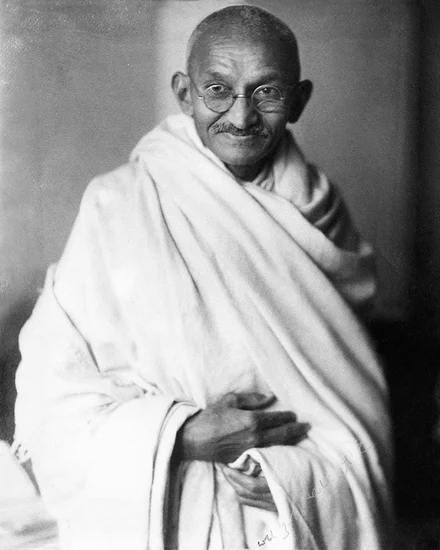
Mohandas Gandhi initiates a 21-day fast of self-purification and launches a year-long campaign supporting the Harijan movement. His actions focus international attention on India’s caste system.
The fast demonstrates Gandhi’s commitment to social justice and equality for untouchables. His moral leadership inspires millions of Indians to challenge traditional social hierarchies.
1963 – Buddhist Crisis Begins in Vietnam
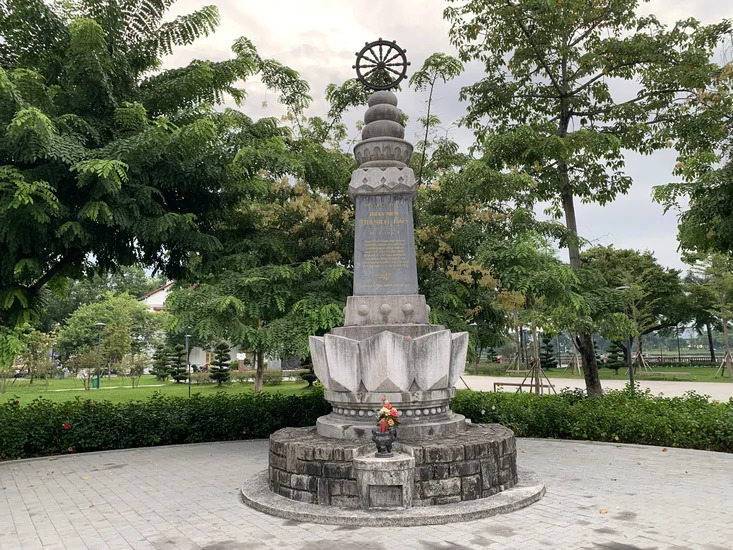
South Vietnamese soldiers fire on Buddhist protesters defying a ban on displaying religious flags during Vesak celebrations. Nine people die in the violence that sparks the Buddhist crisis.
The incident exposes religious tensions between the Catholic government and Buddhist majority. The crisis ultimately contributes to the downfall of President Ngo Dinh Diem’s regime.
1945 – Halifax Riot Erupts
Thousands of civilians and servicemen rampage through Halifax, Nova Scotia, following Germany’s surrender. The riot causes extensive property damage and reveals social tensions in the Canadian city.
The violence stems from frustration over wartime restrictions and inadequate victory celebrations. The riot remains one of the most significant civil disturbances in Canadian history.
1984 – Denis Lortie Attacks Quebec National Assembly
Corporal Denis Lortie enters the Quebec National Assembly and opens fire, killing three people and wounding thirteen others. Sergeant-at-Arms René Jalbert heroically calms the gunman and prevents further casualties.
Jalbert’s courageous intervention saves countless lives and earns him the Cross of Valour. The attack shocks Quebecers and highlights the vulnerability of democratic institutions.
Business and Economic Events on May 8
1988 – Illinois Bell Telecommunications Disaster
A devastating fire at Illinois Bell’s Hinsdale Central Office triggers an extended network outage affecting millions of customers. The disaster becomes known as the worst telecommunications failure in US industry history.
The outage disrupts financial markets, emergency services, and business operations across the Chicago metropolitan area. The incident leads to significant improvements in telecommunications infrastructure redundancy.
1984 – Thames Barrier Officially Opens

The Thames Barrier officially opens to protect Greater London from catastrophic flooding. The massive engineering project represents one of the world’s largest movable flood barriers.
The barrier’s completion demonstrates British engineering expertise and environmental planning. The system can prevent flooding of London’s financial district except under the most extreme circumstances.
1997 – China Southern Airlines Flight 3456 Crashes

China Southern Airlines Flight 3456 crashes during approach to Bao’an International Airport, killing 35 people. The accident highlights safety concerns in China’s rapidly expanding aviation industry.
The crash investigation reveals problems with pilot training and airport infrastructure. The tragedy leads to significant improvements in Chinese aviation safety standards.
Transportation and Infrastructure on May 8
1921 – Klaipėda Convention Establishes Port Access
The Klaipėda Convention formally grants Lithuania control over the Memel Territory and its vital port facilities. This agreement provides Lithuania with crucial access to Baltic Sea shipping routes.
The port becomes essential for Lithuanian economic development and trade connections. The convention resolves territorial disputes that had threatened regional stability since World War I.
1984 – Thames Barrier Flood Protection System
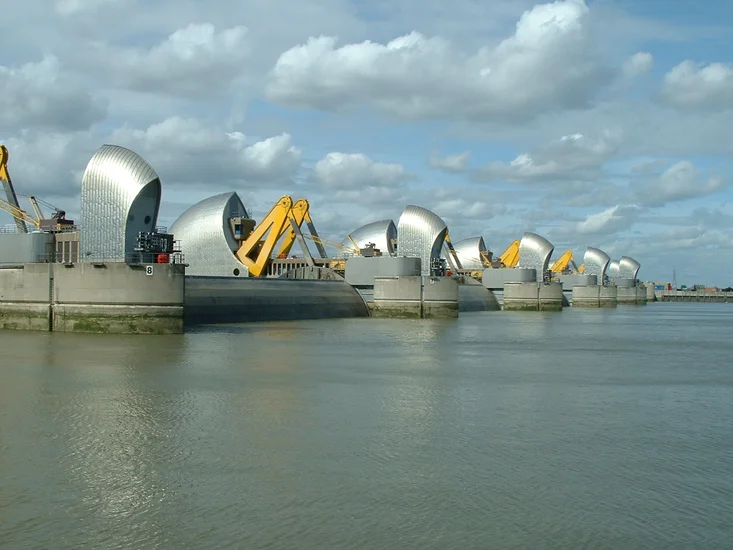
London’s Thames Barrier officially opens as the world’s second-largest movable flood barrier. The engineering marvel protects millions of residents from catastrophic tidal flooding.
The barrier’s rotating gates can be raised to block storm surges traveling up the Thames estuary. The system represents a triumph of engineering over natural disaster threats.
1988 – Hinsdale Telecommunications Hub Disaster
A catastrophic fire destroys Illinois Bell’s Hinsdale Central Office, disrupting telecommunications for millions of customers. The disaster exposes the vulnerability of centralized communication networks.
The outage affects financial trading, emergency services, and business operations throughout the Chicago region. The incident prompts massive investments in network redundancy and backup systems.
Sports and Recreation on May 8
1978 – Historic Everest Ascent Without Oxygen
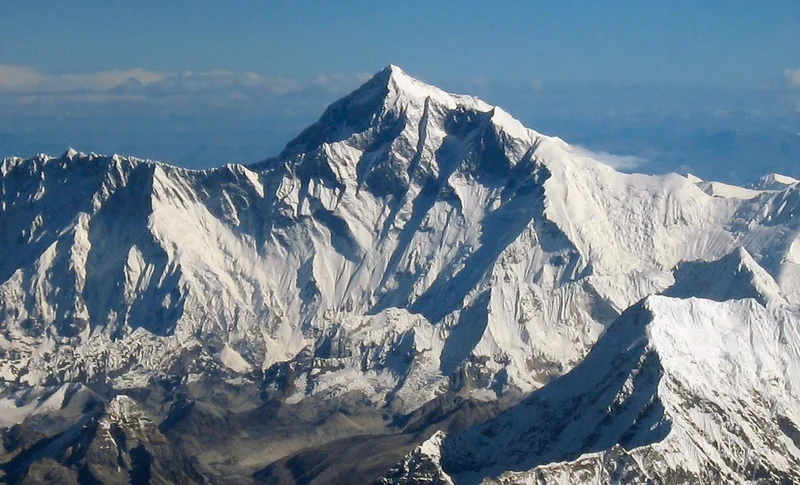
Reinhold Messner and Peter Habeler achieve the first successful ascent of Mount Everest without supplemental oxygen. Their feat revolutionizes high-altitude mountaineering and redefines human endurance limits.
The climb requires extraordinary physical conditioning and mental fortitude to overcome oxygen deprivation. Their achievement inspires a new generation of mountaineers to attempt similar oxygen-free ascents.
1976 – Revolutionary Roller Coaster Innovation
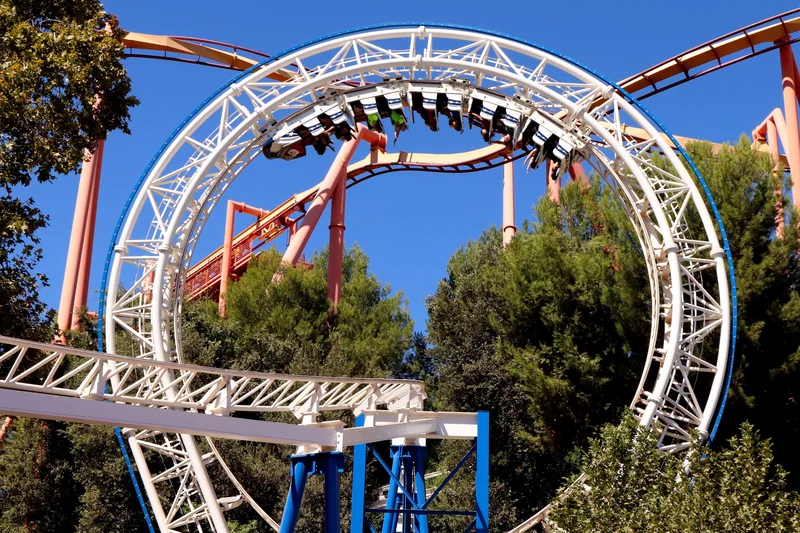
Six Flags Magic Mountain opens “The New Revolution,” featuring the first vertical loop on a steel roller coaster. The innovative design transforms the amusement park industry and sets new engineering standards.
The groundbreaking coaster demonstrates advances in engineering safety and rider experience. The vertical loop becomes a standard feature in modern roller coaster design worldwide.
1982 – Gilles Villeneuve Fatal Crash

Canadian Formula One driver Gilles Villeneuve dies in a qualifying crash at the Belgian Grand Prix. His death shocks the racing world and ends one of the sport’s most promising careers.
Villeneuve’s aggressive driving style and natural talent made him a fan favorite. His tragic death leads to significant improvements in Formula One safety regulations.
Notable Births on May 8
1926 – David Attenborough Born
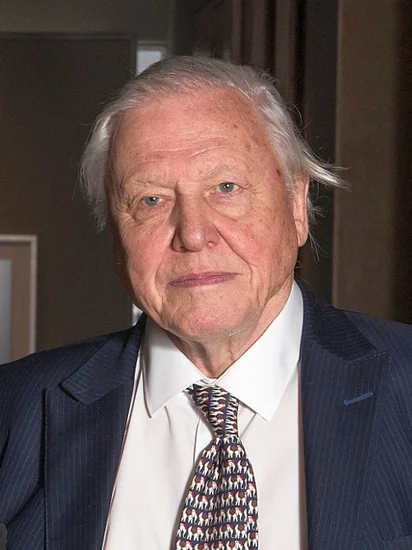
British naturalist and broadcaster David Attenborough enters the world in London. His childhood fascination with nature collections foreshadows his revolutionary career in wildlife documentary filmmaking.
Attenborough transforms natural history programming through groundbreaking cinematography and passionate narration. His documentaries educate millions about environmental conservation and animal behavior.
1911 – Robert Johnson Born
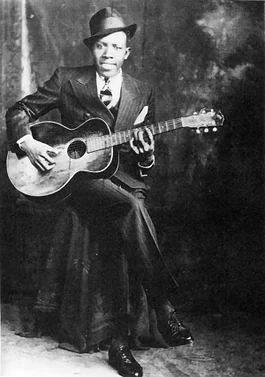
American blues musician Robert Johnson is born in Mississippi. His brief recording career produces some of the most influential blues recordings in musical history.
Johnson’s innovative guitar techniques and haunting vocals establish him as a foundational figure in blues music. His recordings inspire countless rock and blues musicians for generations.
1937 – Thomas Pynchon Born
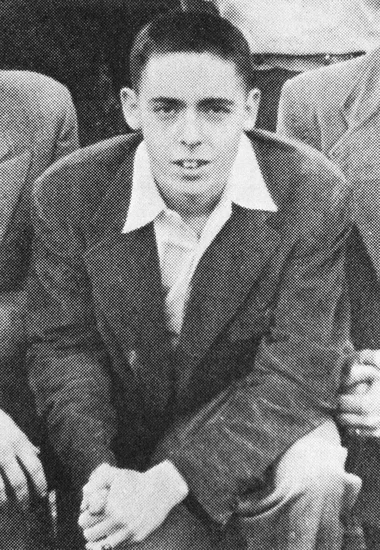
American novelist Thomas Pynchon is born in New York. His complex, experimental novels challenge traditional narrative structures and explore themes of paranoia and entropy.
Pynchon’s literary works, including “Gravity’s Rainbow,” earn critical acclaim and influence postmodern fiction. His reclusive nature adds mystique to his literary reputation.
1940 – Ricky Nelson Born
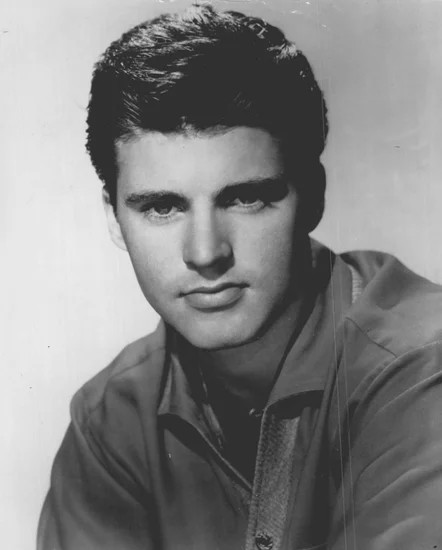
American singer and actor Ricky Nelson is born in New Jersey. His transition from child television star to rock and roll performer helps bridge generational musical divides.
Nelson’s recordings achieve massive commercial success during the early rock era. His performances on “The Adventures of Ozzie and Harriet” introduce rock music to mainstream television audiences.
1945 – Keith Jarrett Born

American jazz pianist Keith Jarrett is born in Pennsylvania. His innovative approach to solo piano performance revolutionizes jazz improvisation and concert presentation.
Jarrett’s spontaneous compositions demonstrate extraordinary musical creativity and technical mastery. His recordings, particularly “The Köln Concert,” become landmarks in jazz history.
1975 – Enrique Iglesias Born

Spanish-American singer Enrique Iglesias is born in Madrid. His crossover success in both Spanish and English markets makes him one of the most successful Latin artists worldwide.
Iglesias’s pop sensibilities and romantic ballads attract global audiences. His career spans multiple decades and establishes him as a major force in international popular music.
1940 – Peter Benchley Born

American author Peter Benchley is born in New York. His novel “Jaws” becomes one of the most successful thriller novels and spawns the blockbuster film adaptation.
Benchley’s writing combines scientific knowledge with compelling storytelling. His work helps establish the modern thriller genre and influences countless writers and filmmakers.
1926 – Don Rickles Born
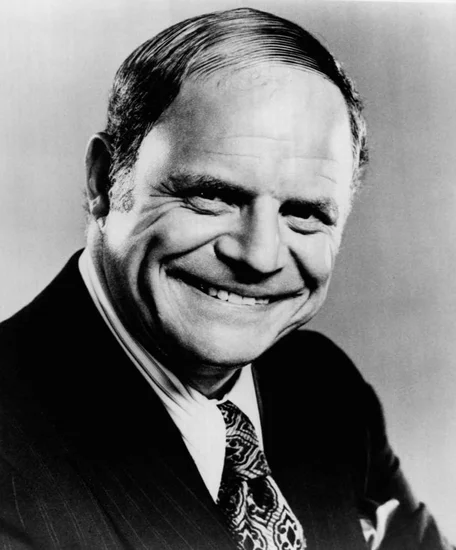
American comedian Don Rickles is born in New York. His insult comedy style and quick wit make him a legendary performer in Las Vegas and television.
Rickles’s fearless approach to comedy breaks down barriers and challenges social conventions. His performances influence generations of comedians and entertainers.
Notable Deaths on May 8
1903 – Paul Gauguin Dies
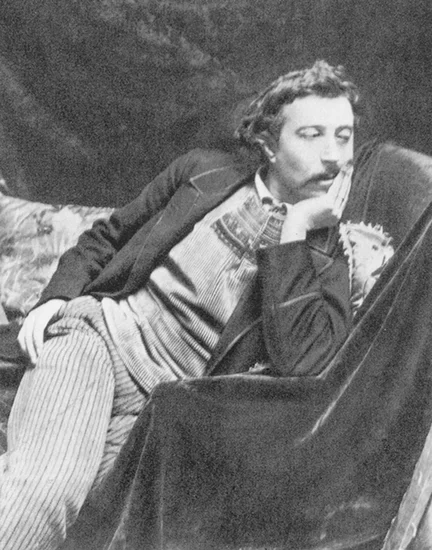
French Post-Impressionist painter Paul Gauguin dies in French Polynesia at age 54. His innovative use of color and primitive themes profoundly influences modern art movements.
Gauguin’s rejection of European artistic conventions leads to groundbreaking work in Tahiti. His paintings inspire Fauvism and Expressionism while challenging traditional artistic representation.
1988 – Robert Heinlein Dies
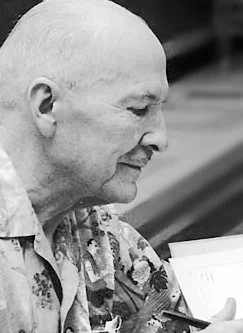
American science fiction author Robert Heinlein dies in California at age 80. His novels and short stories establish many conventions of modern science fiction literature.
Heinlein’s works, including “Stranger in a Strange Land,” explore themes of individual liberty and social responsibility. His influence on science fiction writing remains profound and enduring.
1994 – George Peppard Dies

American actor George Peppard dies in California at age 65. His performances in “Breakfast at Tiffany’s” and “The A-Team” television series make him a household name.
Peppard’s versatility spans dramatic roles and action-adventure television. His portrayal of Colonel John “Hannibal” Smith defines his later career and television legacy.
2012 – Maurice Sendak Dies
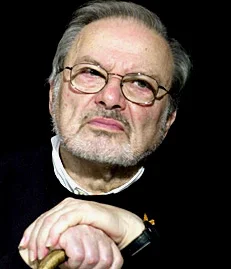
American author and illustrator Maurice Sendak dies in Connecticut at age 83. His children’s books, particularly “Where the Wild Things Are,” revolutionize children’s literature.
Sendak’s willingness to address complex emotions in children’s books breaks new ground in publishing. His illustrations and stories help children navigate difficult feelings and experiences.
1945 – Frank Bourne Dies
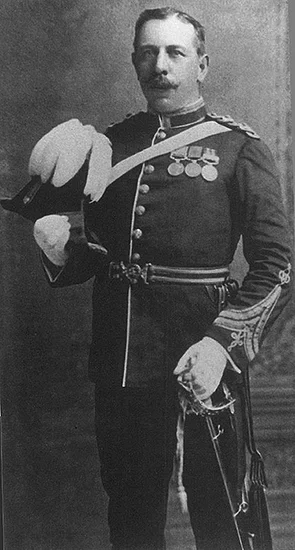
British soldier Frank Bourne dies in England at age 91. He was the last survivor of the Battle of Rorke’s Drift during the Anglo-Zulu War.
Bourne’s survival of the famous 1879 battle makes him a living link to Victorian military history. His death marks the end of an era in British military heritage.
1995 – Teresa Teng Dies

Taiwanese singer Teresa Teng dies in Thailand at age 42. Her romantic ballads and gentle vocal style make her one of Asia’s most beloved performers.
Teng’s popularity spans multiple countries and languages throughout East Asia. Her death deeply mourns millions of fans across the Chinese-speaking world.
1999 – Dirk Bogarde Dies
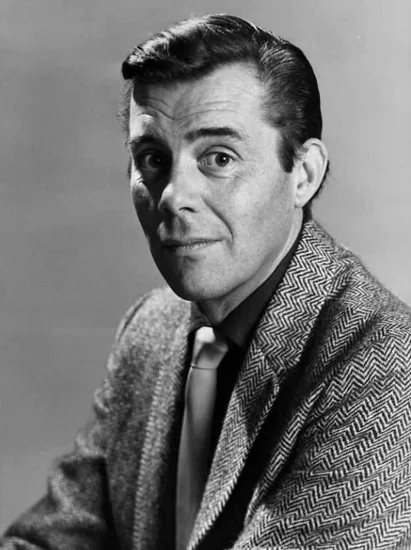
British actor Dirk Bogarde dies in London at age 78. His performances in both commercial films and art cinema establish him as one of Britain’s finest actors.
Bogarde’s career spans from wartime comedies to serious dramatic roles in European cinema. His later work with director Luchino Visconti demonstrates his artistic range and depth.
1982 – Gilles Villeneuve Dies

Canadian Formula One driver Gilles Villeneuve dies in Belgium at age 32. His death during qualifying for the Belgian Grand Prix shocks the racing world.
Villeneuve’s aggressive driving style and natural talent make him a fan favorite. His tragic death leads to significant improvements in Formula One safety regulations.
Holidays and Observances on May 8
Victory in Europe Day Commemorations

May 8 serves as Victory in Europe Day across the continent, commemorating the end of World War II in Europe. Multiple nations observe this historic date with ceremonies and remembrance events.
The day marks the formal surrender of Nazi Germany and the liberation of occupied territories. Veterans and citizens gather to honor those who sacrificed their lives for freedom and democracy.
World Red Cross and Red Crescent Day
The international community observes World Red Cross and Red Crescent Day, celebrating humanitarian service worldwide. This global observance highlights the work of millions of volunteers providing emergency assistance.
The day honors the principles of humanity, neutrality, and impartiality in humanitarian aid. Red Cross and Red Crescent societies coordinate relief efforts across national boundaries during disasters and conflicts.
Liberation Day in Czech Republic
The Czech Republic celebrates Liberation Day as a national holiday commemorating freedom from Nazi occupation. The observance honors Czech resistance fighters and Allied forces who liberated the country.
Czech citizens participate in ceremonies remembering the Prague uprising and the end of World War II. The holiday reinforces Czech national identity and commitment to democratic values.
Parents’ Day in South Korea
South Korea observes Parents’ Day, honoring the contributions of mothers and fathers to family and society. Children traditionally present carnations and express gratitude to their parents.
The holiday emphasizes Confucian values of filial piety and respect for elders. Families gather for special meals and ceremonies celebrating parental love and sacrifice.
Truman Day in Missouri
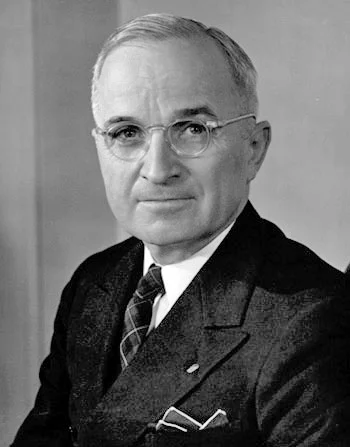
Missouri observes Truman Day, honoring President Harry S. Truman’s birthday and his contributions to American history. The state celebrates its native son’s leadership during critical moments in world history.
Truman’s decisive leadership during World War II and the early Cold War earns lasting recognition. Missouri residents visit the Truman Library and participate in educational programs about his presidency.
